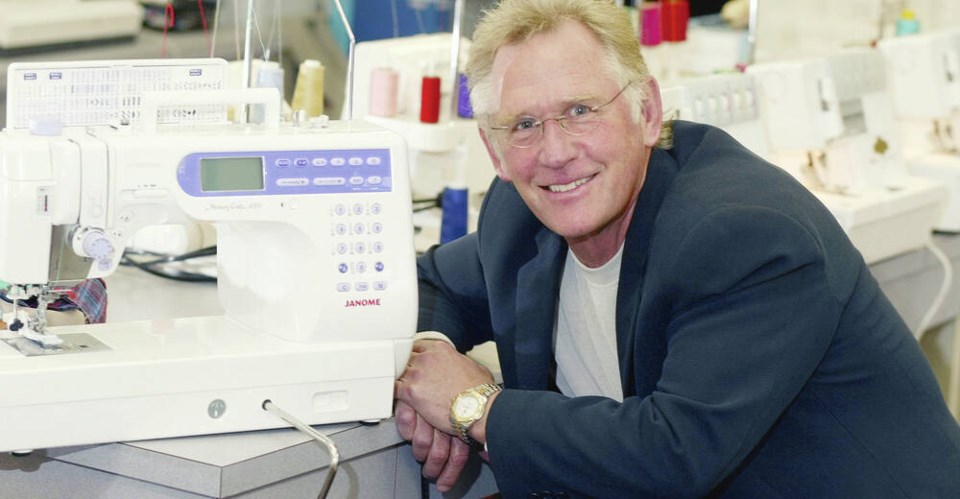"Prevention" is the fast-becoming the most fashionable answer when it comes to addressing how we make the NHS sustainable for the future. This is not a problem for the UK alone. Healthcare systems in every western nation, however they are funded, are grappling with the dilemma of how to pay for ageing populations where people are spending many more of years in chronic ill health and obesity.
All while the working age, taxpaying share of the population shrinks in proportion to the over-65s. READ MORE: BIG READ: Why Covid paved way to Glasgow first new private hospital in 40 years EXC Just £30m of £300m waiting list fund spent as NHS struggles to cut backlogs Rural and urban: The other 'two-tier' split in Scotland's healthcare system A&E waits over four hours increase risk of death for hip fracture patients There is a growing clamour that unless we start diverting resources into preventing avoidable lifestyle-related disease and early detection, there will be nothing left to invest in advances in medical technology and infrastructure - and economic productivity will nosedive. In July, Professor John Deanfield - the first-ever government champion for personalised prevention - called for the creation of a "pre-NHS" focused on preventative healthcare.
Evidence-based interventions based around weight, blood pressure, and cholesterol could deliver "a 33% reduction in ill health" and an estimated boost to GDP of around £320 billion over 20 years, said Prof Deanfield. He added: "A .


















